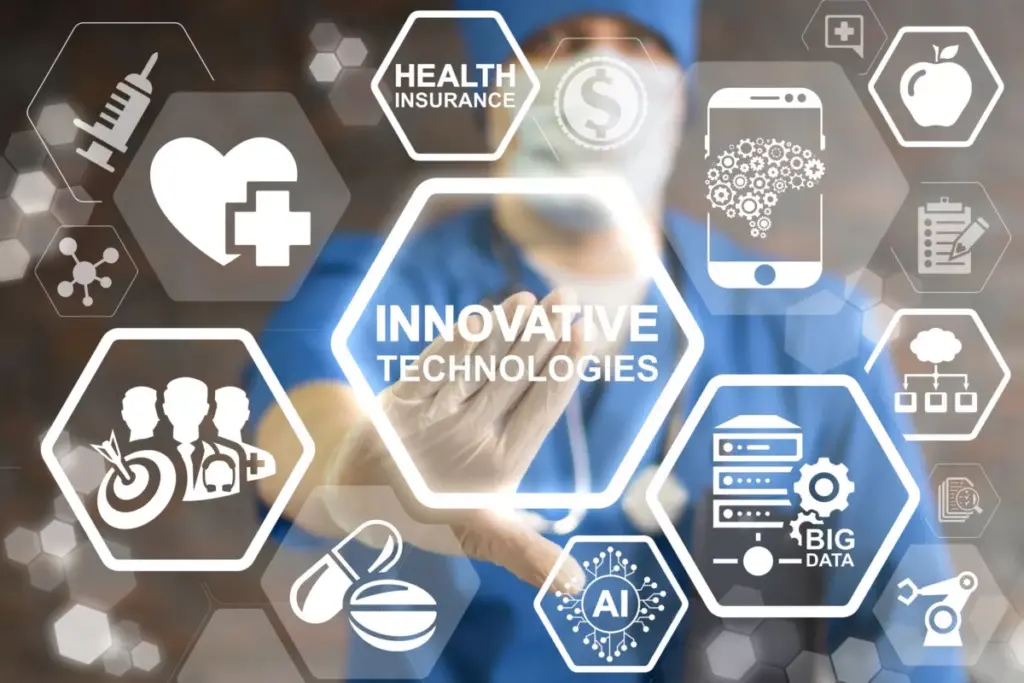Twenty years ago, genome mapping had yet to be completed successfully, and today people are mailing their saliva away to map their ancestry. Ten years ago, the idea of restoring sight to the blind was considered miraculous, but today retinal prostheses are helping some blind people reestablish sight.
Healthcare is an industry of remarkable albeit slow-moving innovation. Yet as we look toward a future of advanced technology, rising costs, and inconsistent outcomes, it has become clear that innovation is needed more than ever. In fact, the healthcare industry is expected to be the largest growing business within the next decade, and it will need people that can drive innovation. Deloitte, a leading global provider of audit, consulting, financial advisory and related services, has published its perspective on how innovation can help address critical issues in healthcare. The report summarizes the top 10 health care innovations leaders across the health care system identified as most likely to transform the industry. The list focuses on innovations that are most likely to help stakeholders improve care, and reduce spending.
Among the 10 innovations identified in the report, nine are technology-driven and one reflects a restructuring of the health care delivery infrastructure. The technology innovations vary from devices for individual patients—such as biosensors, trackers, and 3-D printed devices—to health care delivery system innovations—such as virtual reality, telehealth and leveraging of social media data. The report notes that each of these innovations can transform the health care system, but the impact will vary by organization. The report also suggests several next steps healthcare leaders should consider when taking advantage of these innovations, including building ecosystems, embracing nontraditional sources of knowledge and being agile among others.
Students in the Boston College Master of Healthcare Administration (MHA) program are learning how to evaluate and implement new technologies and be ready for the ever-changing environment. Within the core curriculum, the courses are positioning the students and preparing them for future healthcare innovations. BC’s faculty incorporate real-life experiences from the healthcare sector and the life sciences industry into the course content. The impact of information technology is advancing the healthcare industry and leading to creative and competitive advantages within the health ecosystem, and Boston College’s MHA program is preparing students to fully understand these advancements.
